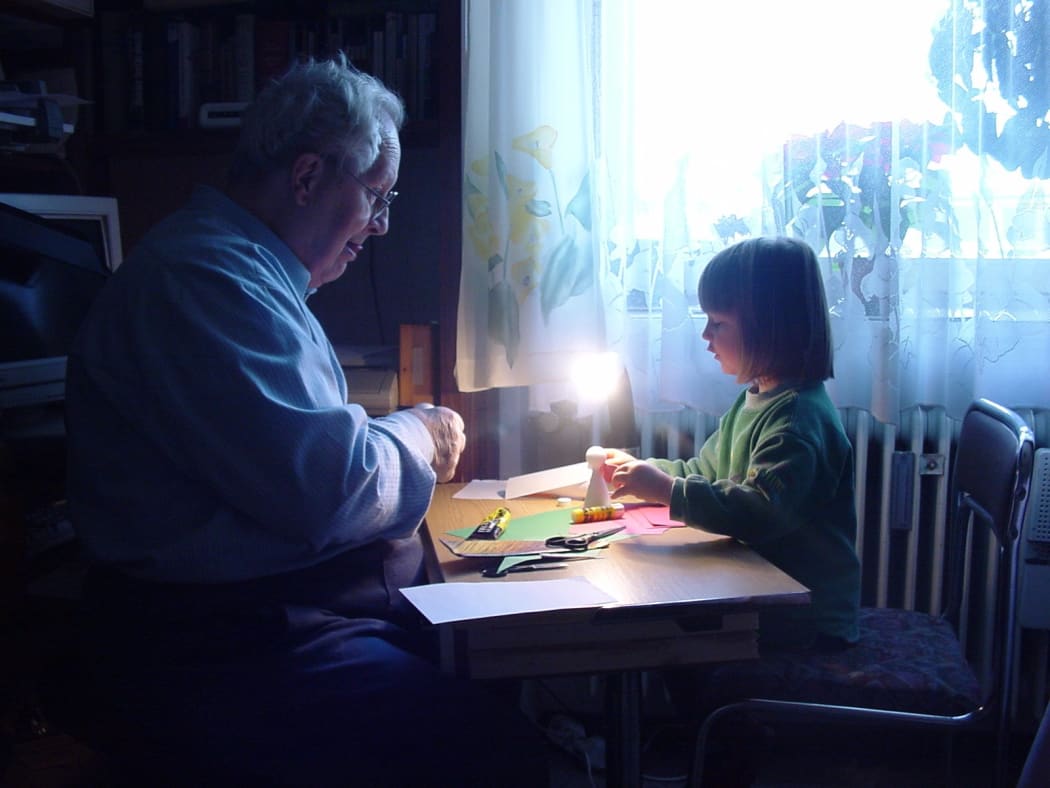Parents who are caring for their own parents - the "sandwich generation" - are feeling financial and emotional stress, with some saying they're "near to breaking point".

Photo: Supplied
New research from the Public Trust found this group of people, mainly women aged between 35-54, who are looking after both elderly relatives and their own children are struggling.
A self-selecting survey found 77 percent of respondents said they were stressed, two thirds said they were anxious or worried and a third said they were near breaking point.
Julian Travaglia, who carried out the research for Public Trust, said there were a number of factors for this. He said people were living longer, which meant supporting children are caring for their parents and in-laws for longer, and people are having their own children later in life.
Furthermore, increased living costs and mortgages have increased financial pressures on the sandwich generation. Couples are also more likely to both be in work making them time-poor for caring.
The research found that more than 17 percent of people surveyed were providing $10,000 or more per annum to their parents.
"The financial pressures of people trying to look after both generations are enormous," he said.
Three-quarters of the people surveyed said they were in work.
Nicki, who works in finance and looks after her daughter and mother, said more and more people were facing this situation.
"It's been really good for my daughter. I'm teaching her she will have to prepare for this," she said.
Nicki said she was lucky to have her mother - who still worked and was financially independent - live next door to her.
Ana's situation is more complex. Her father, who is a widower, and her father-in-law, who died recently, lived in different parts of the country meaning her family frequently had to travel.
Ana is an only child and said she knew she'd be the one to do the caring. She said her parents generation had fewer children than the one before which made caring harder. Her father, she said, had 10 siblings.
"But there's no point saying 'what if' you just have to accept it really. It is what it is.
"It was almost a relief when my father-in-law died, it's an awful thing to say, but he was unhappy, it was hard for us, and the situation sort of righted itself."
She said her own father wants to retain his own independence and she can't make decisions on his behalf.
"We do have extended family who help out and visit him, so we are really lucky," Ana said.

